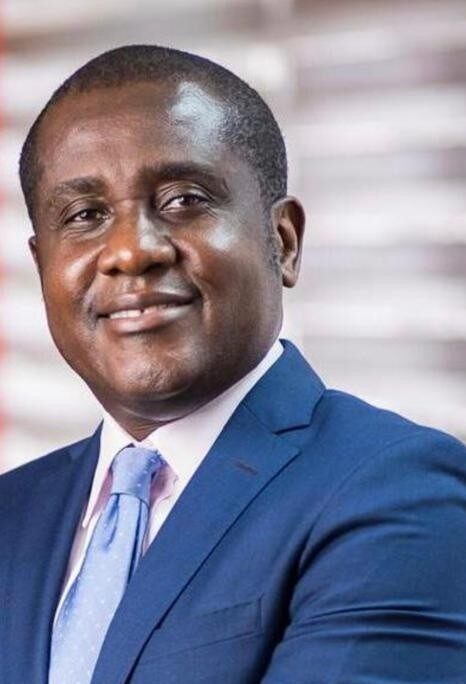Deputy CEO of Development Bank Ghana, Michael Mensah Baah, says the bank will invest half a billion cedis in four key commodities by the end of 2023. This brings the total investment since its launch to about GH¢800million.
He made this known in a keynote address at the DBG-University of Ghana Business School (UGBS) Development Finance Series MoU Signing and Roundtable Meeting held at the university.
During his address, Mr. Baah disclosed some of the bank’s achievements since its launch in June last year.
According to Mr. Baah, DBG has given out loans of up to GH¢300million, providing technical assistance to over 1,000 local businesses in the process. In the previous year, DBG invested up to GH¢300million in agribusiness, manufacturing and tourism. However, the company is looking to invest even more in the coming years to improve food security in Ghana by investing half a billion cedis (GH¢500million) in four key commodities: soya bean, maize, rice and poultry.
“Last year, we actually invested in Agri business, manufacturing and tourism up to GH¢300million. We intend to invest half a billion cedis into four key commodities – that’s the soya bean, maize, rice and poultry. This will enhance food security in Ghana.”
DBG believes that these investments will generate successful returns, which will enhance food security in Ghana. Speaking at the event, Mr. Baah noted that the bank’s business model allows it to leverage existing infrastructure and networks of banks and financial institutions which partner with it to provide business advisory services and training in addition to financing.
Small business owners in Ghana often lack access to the capital they need to grow and are often considered too risky by banks. DBG’s wholesale banking model seeks to alleviate this bottleneck and provide long-term, competitively priced loans that can drive sustainable growth and transform the Ghanaian economy.
He further highlighted the critical need to address lack of the long-term financing that drives sustainable growth; noting this is crucial to creating the right enabling environment and unleashing the youths’ potential. He said: “DBG has been designed to help relieve the bottlenecks that have hindered the availability of long-term, competitively priced loans to small and medium-sized enterprises in Ghana.
“DBG has adopted a wholesale banking model, providing funding to eligible financial institutions to on-lend to Ghanaian businesses in targetted industry sectors. The company has identified agribusiness, manufacturing, ICT and high-value services as the catalytic sectors of the economy to focus on.
“A key enabler for scaling up DBG’s impact is the use of digitalisation. To this end, DBG will be using its recently launched digital platform, the Ghana Integrated Financial Ecosystem (GIFE), to deliver financial literacy capacity building to students. This platform is being developed through a collaboration between the Monetary Authority of Singapore, Bank of Ghana and DBG. The platform, when completed, will enable the end-to-end capability required by local businesses.”
Mr. Baah also reiterated DBG’s commitment to making developmental interventions that are grounded in research, noting that the company seeks to collaborate with the University of Ghana on research areas which provide evidence-based challenges to policymakers and other key stakeholders.
DBG is also working with the university to introduce scholarships for less fortunate young men and women who wish to take up the MSc in Development Financing programme but cannot afford to. These people are the future of development financing in Ghana.










